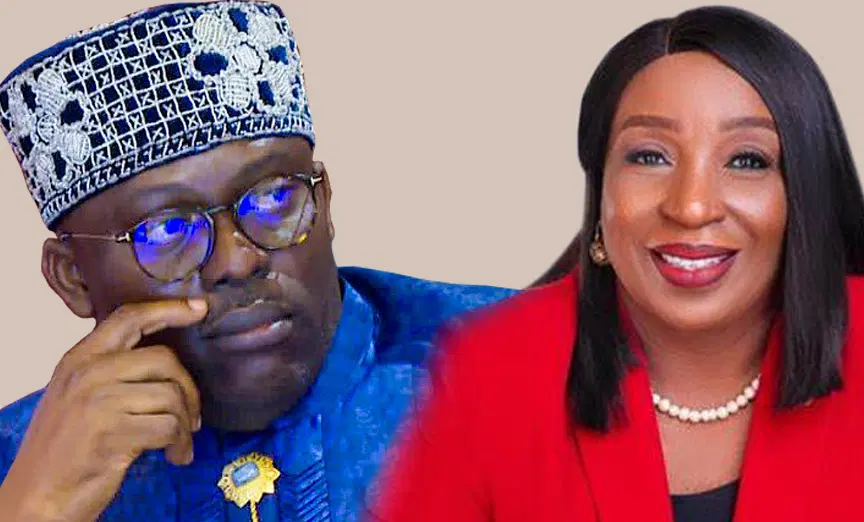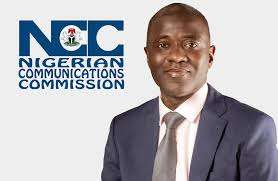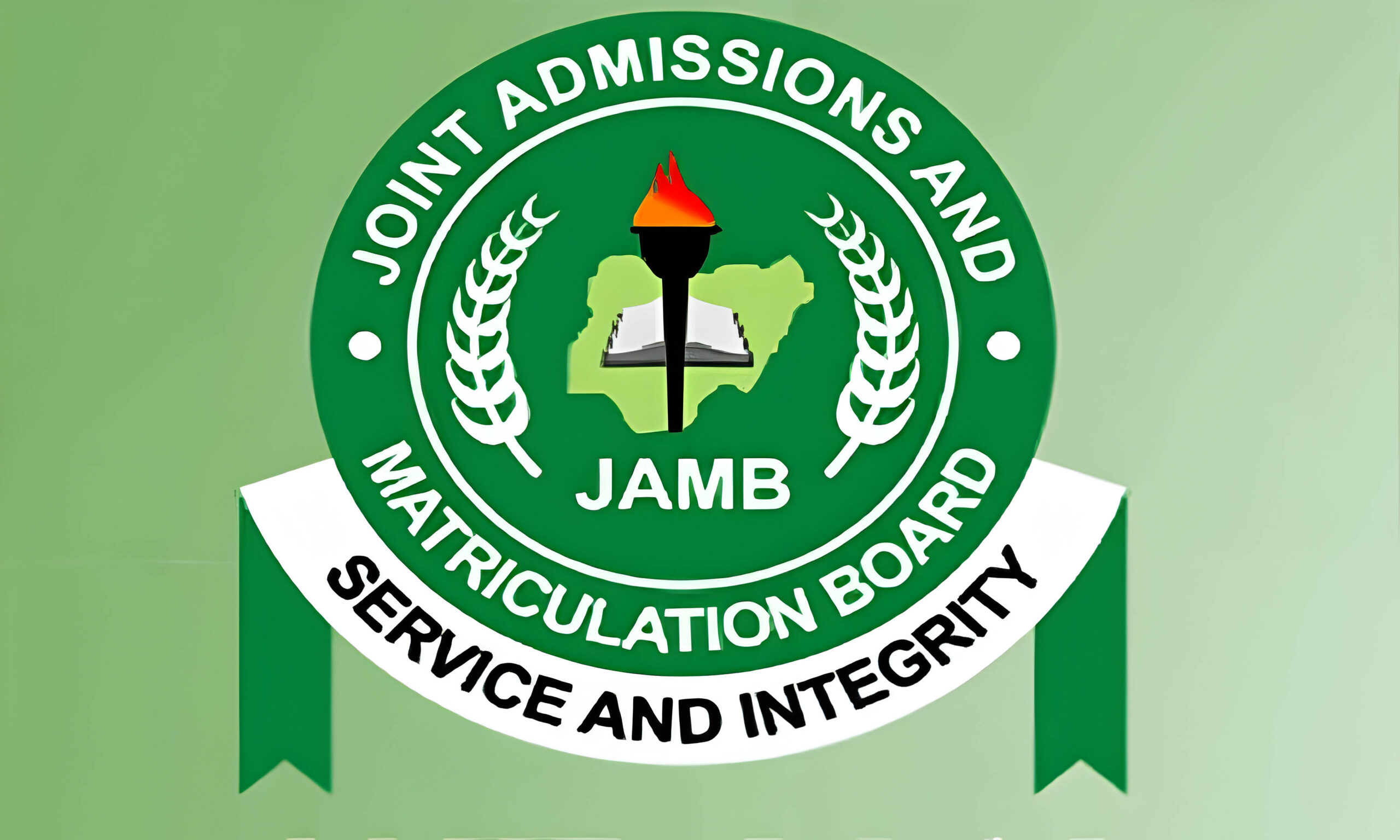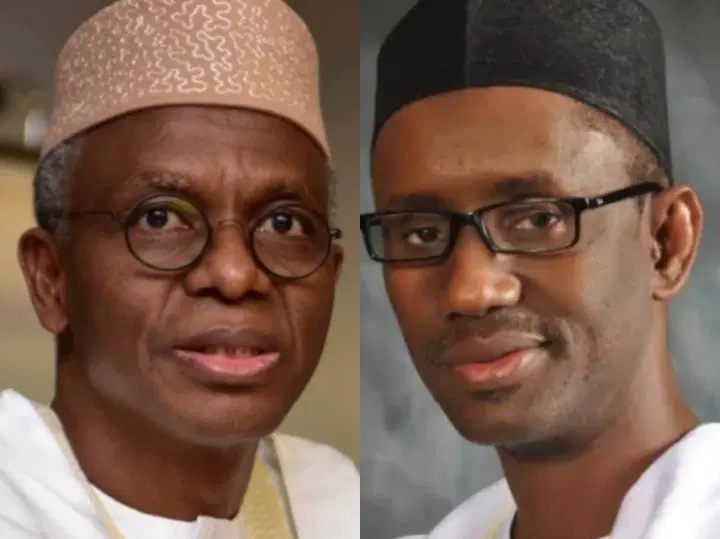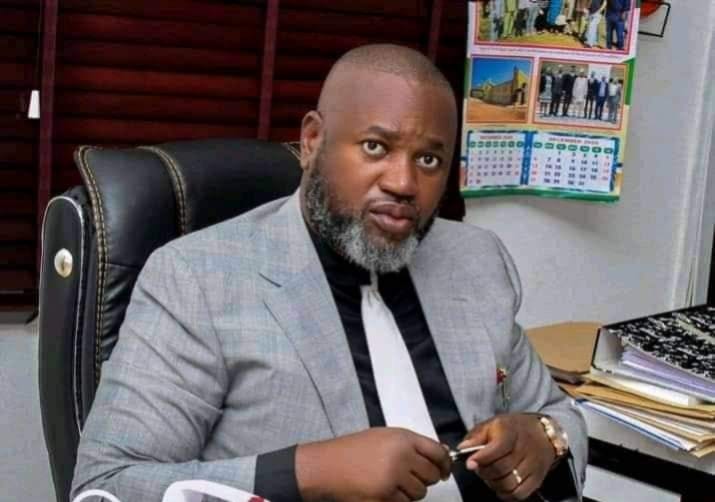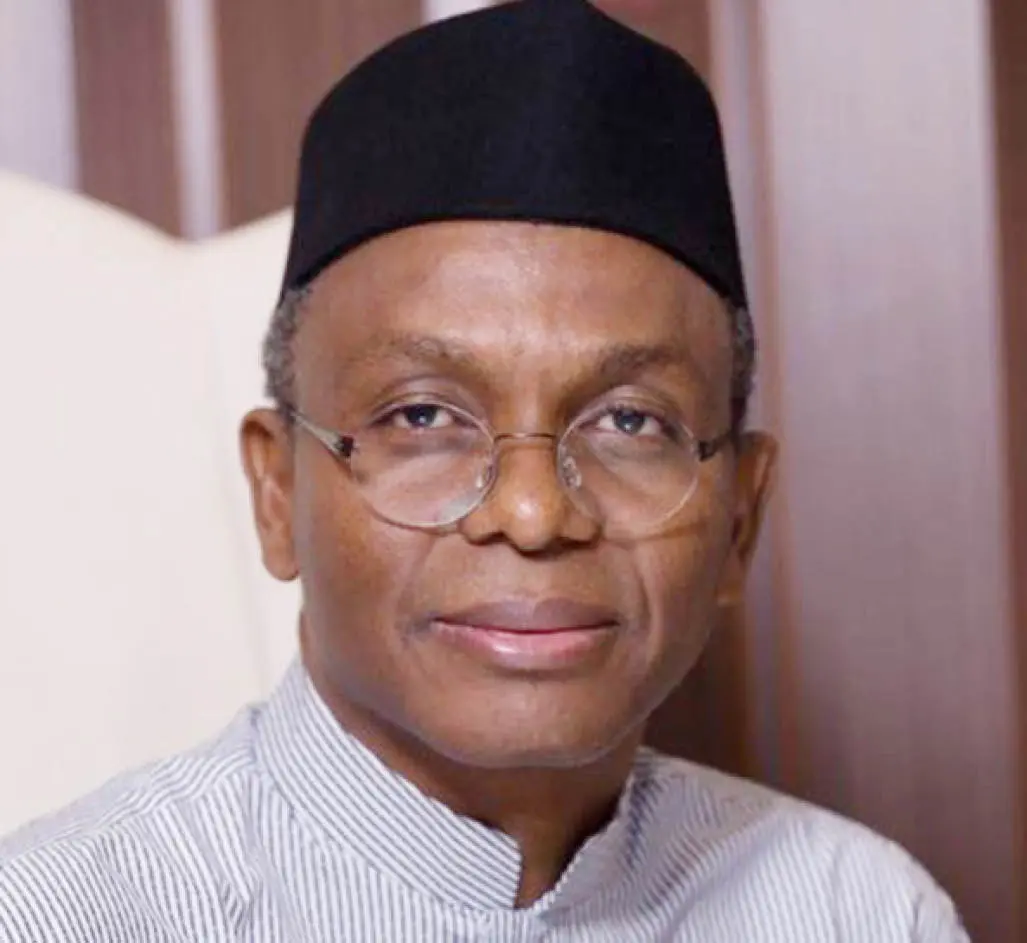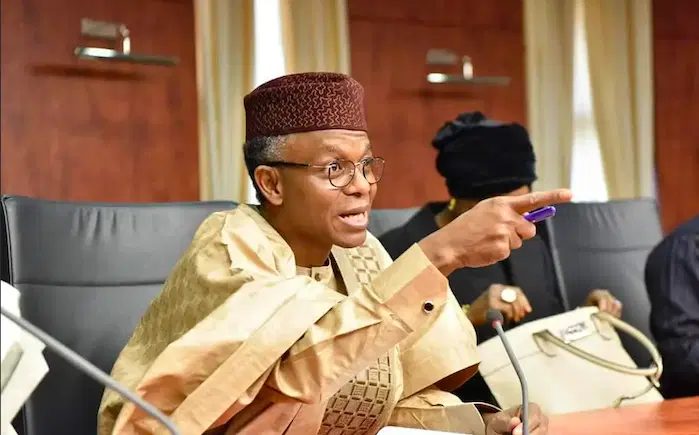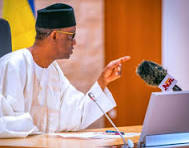The Archbishop of Sokoto Diocese, Matthew Hassan Kukah, has expressed concerns that uneducated persons have held the country hostage and have continued to make everybody in the country, including the president, feel unsafe.
Speaking in Abuja at the 13th convocation ceremony of Veritas University, Bishop Kukah, who is also the Pro-Chancellor and Chairman of the university’s governing council, said the government must mitigate the younger generations’ heightened sense of insecurity caused by the activities of these bandits and other outlaws.
“The consequences of that for us as a country is that scientists, professors, the richest of Nigerians, even the president doesn’t feel secure because uneducated people have now held this country hostage. Whether they are bandits or by whatever name, we must clear that circle” Kukah said.
Earlier in a Convocation lecture delivered on the occasion, the former governor of the Central Bank of Nigeria and governor of Anambra state, Prof. Chukwuma Soludo said the removal of subsidies by the government of President Bola Tinubu has set the country on a “disruptive reset”.
According to Professor Soludo, the need for the removal of the subsidies arose because it largely benefitted the urban elite but recommended that there should be “a more productive social contract that created opportunities for all.
“Nigeria is undergoing a fundamental and disruptive reset. Hopefully, we have ended the debilitating scam called fuel subsidy as well as the forex and electricity subsidies.
We have entered a ‘muddling-through’ phase which we must navigate carefully. Soon we must migrate from the destructive subsidies that benefitted largely the urban elite to a productive social contract that creates opportunity for all” he said.
The Anambra state governor said there was the need for the Nigerian government to come up with a pragmatic new deal and an emergency national infrastructure plan akin to the U.S Marshall Plan for Europe after the Second World War to provide series of programme, public works projects, financial reforms, and regulations that would transform the nation.
“As we muddle-through the shocks occasioned by the needed disruptive changes, we must sit and craft a pragmatic New Deal for Nigeria plus an emergency national infrastructure plan akin to the U.S Marshall Plan for Europe after the Second World War. Some elements of the new deal such as the minimum wage legislation, draft tax reform bill, and planned cash transfers are positive signs.
“This moment calls for historic coordination between the federal and state governments to agree of the critical elements of the augmented New Deal and Marshall Plan as well as their implementation to deliver outcomes within the shortest possible time.
“A key issue will be the ‘national plan’ for deployment of the apparent ‘fiscal/subsidy windfall.’ I say ‘apparent’ windfall because much of the nominal increase in fiscal revenues is largely money illusion. In both US dollar terms and real purchasing power terms, much of the current revenue windfall is still far lower than previous years.
For example, a state that received N5 billion or US$43.4 million as monthly FAAC allocation in 2007/8 when the exchange rate was N118 to the dollar and a bag of cement sold for a few hundreds of Naira would need to receive at least N77 billion a month at current exchange rate and prices to be restored to its 2007/8 position. But the state does not get even a third of such.
“Fixing the oil output will be a critical game changer in the short to medium term. However miniscule or even non-existent the windfall in real terms, the federation must be seen to intentionally execute a new Deal that pragmatically coheres with our peculiar federalism while urgently addressing the needs of the people.”
The governor charged the leaders to prioritise national investment in human capital to transform the country’s abundant human resources into productive capital.
“Beside the humongous investment to build infrastructure for the 21st century, we urgently need to prioritise our national investment in human capital— to transform our abundant human resources into productive capital. In the 21st and 22nd centuries driven by digitalization, only societies that intentionally mine their human capital will triumph.
“Deploying our depleting natural resources to invest in the bridge to the future—human capital—will not only give our teeming population a stake in the society but also secure their future.
“As a country, we must aim to remember this time in our history as the moment when we had the courage to remove the negative subsidies but deployed a part of the windfall to benefit our children and youths—via their education and health.
“At the minimum, we should set a national target to bring down the out of school children to zero within 5-8 years, and qualitative tuition-free secondary education to all Nigerian children within 10 years, while mainstreaming selected centres of excellence for the exportable labour force,” he added.
The governor charged the graduating students not to fail the country as they had been imbued with knowledge, skills, and a social thought to mobilise them for public good.
He said: ”The future you seek is in your palms, and only those who plan can control the future. As I look into your eyes, I can see hope.
”Yes, Nigeria may not have offered you much, but in fulfilment of your divine purpose on earth, you will be expected to give more than you have received.
”I therefore urge you all to show up and participate in shaping the destiny of this nation.”
Vice – Chancellor of the University, Prof. Hyacinth Ichoku, acknowledged the commitment of the governor to the education of youths.
Ichoku pledged the continued dedication of the Veritas University to providing quality education as well as building quality system and moral value of students.
